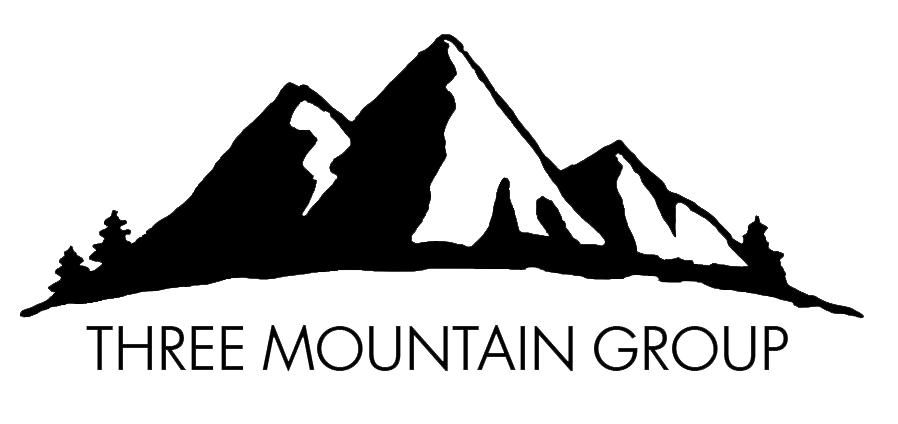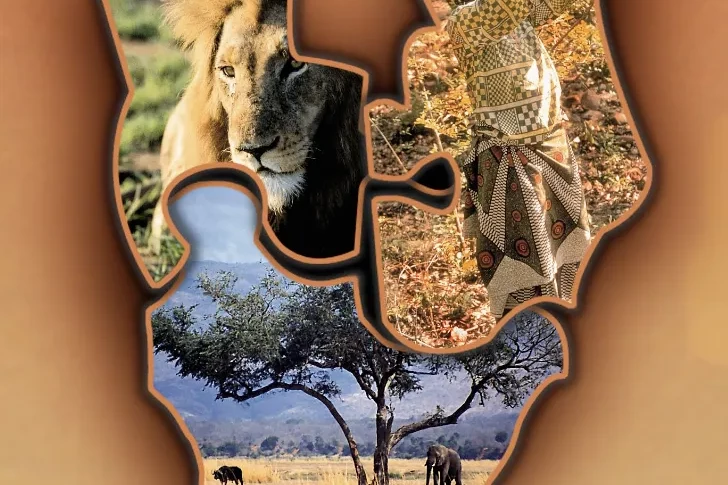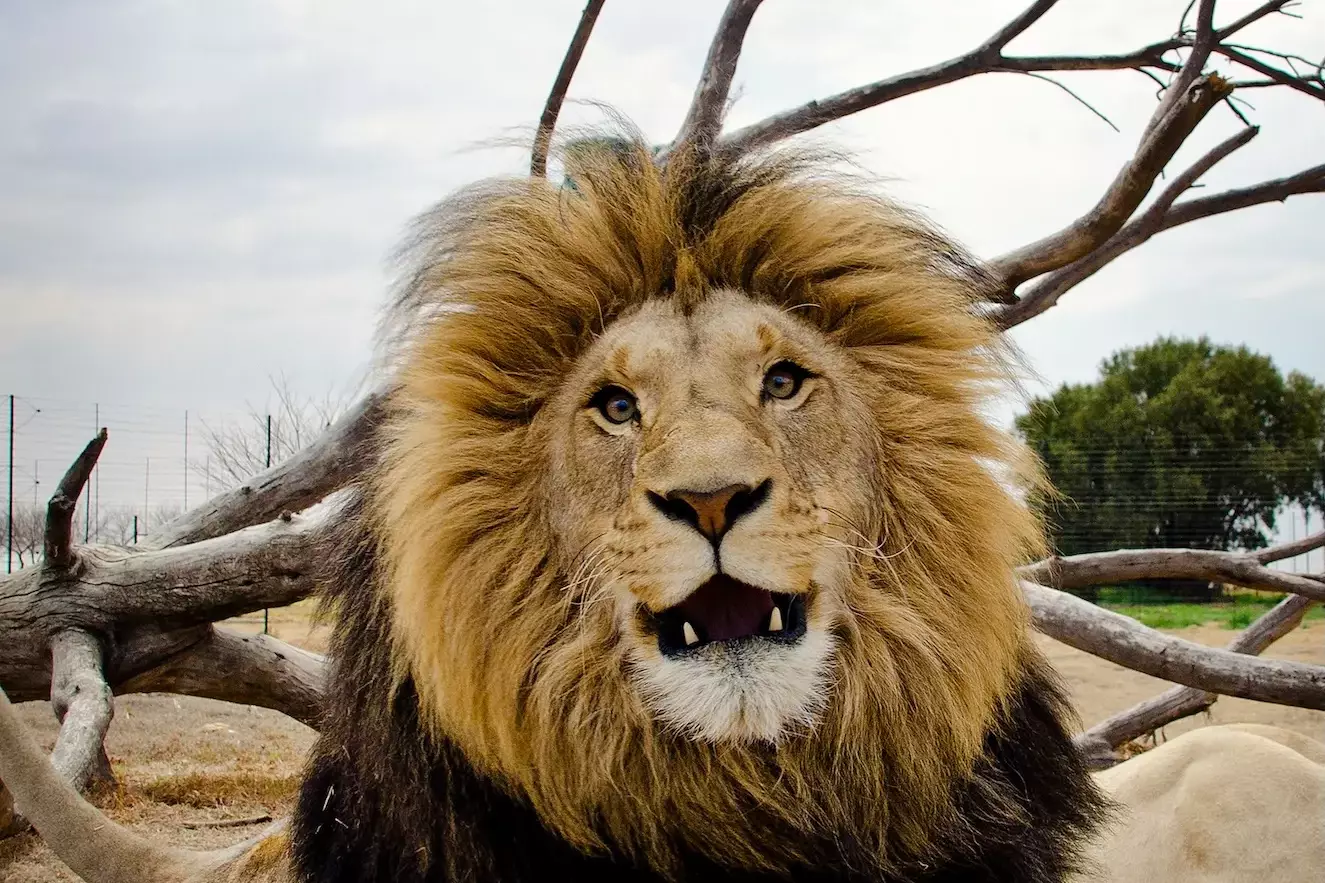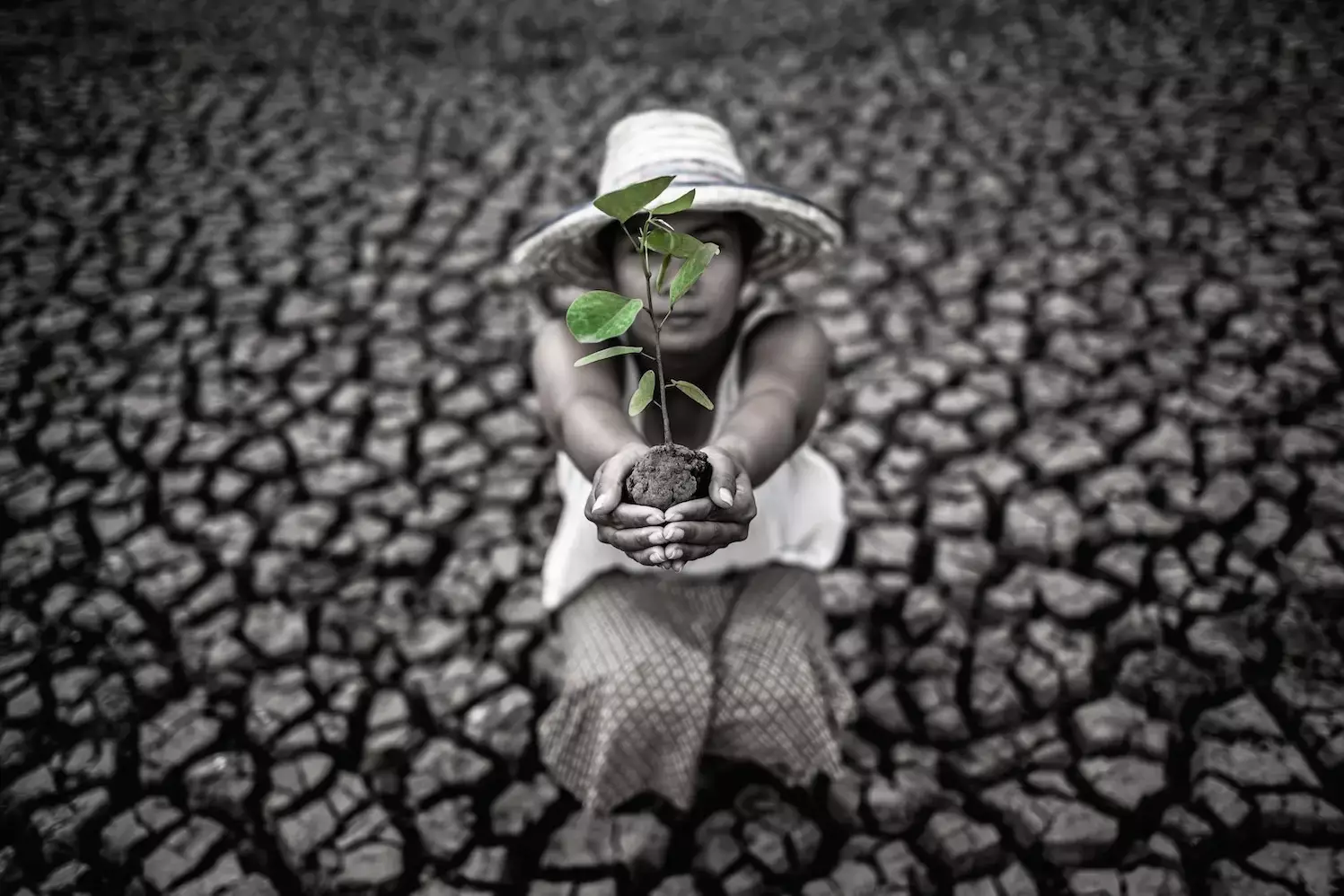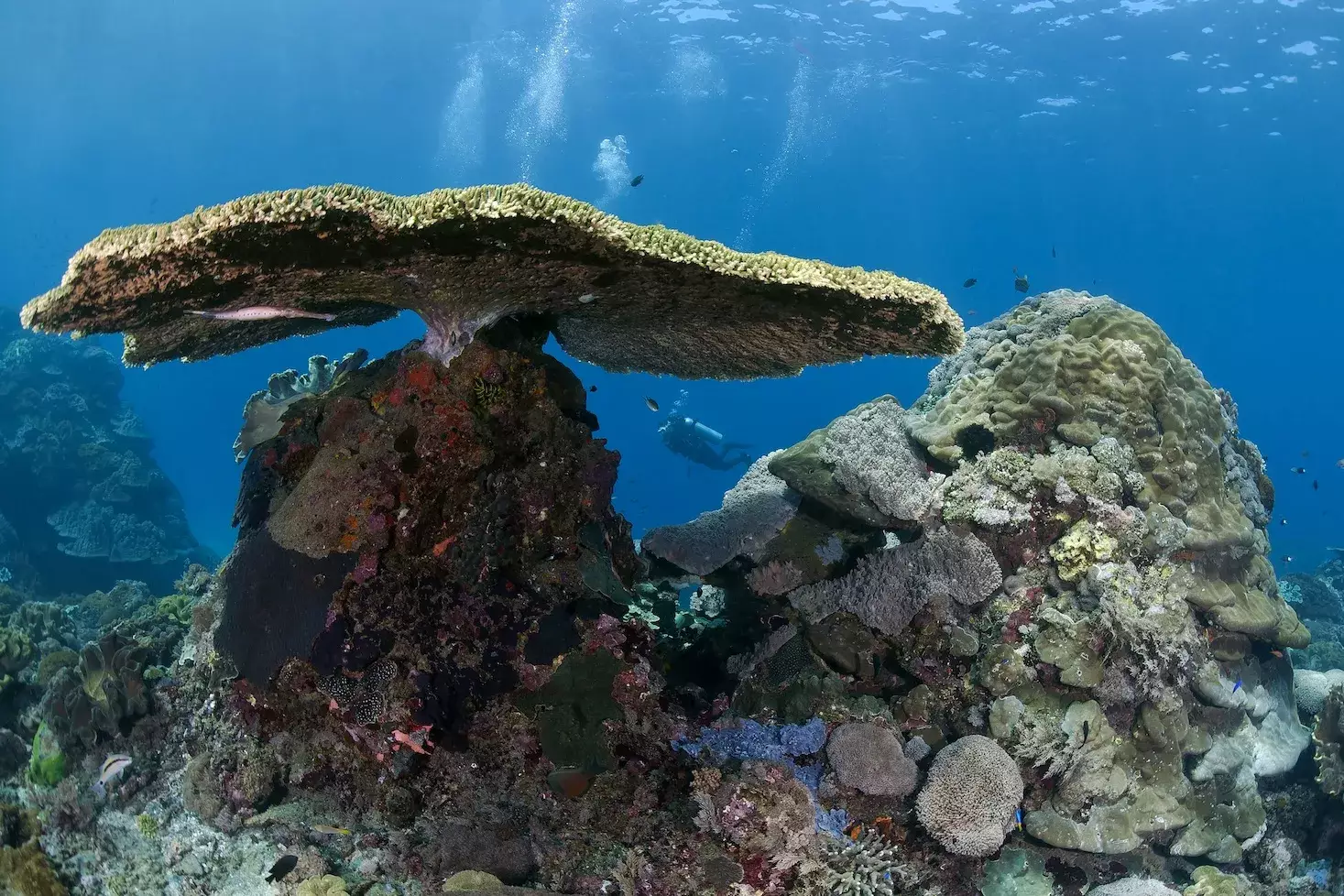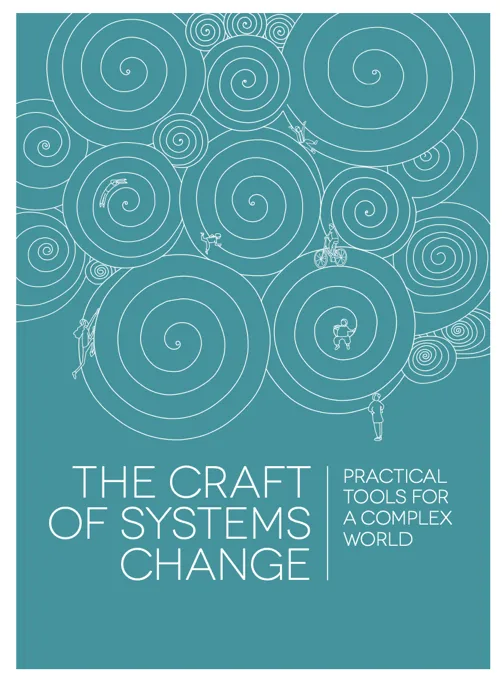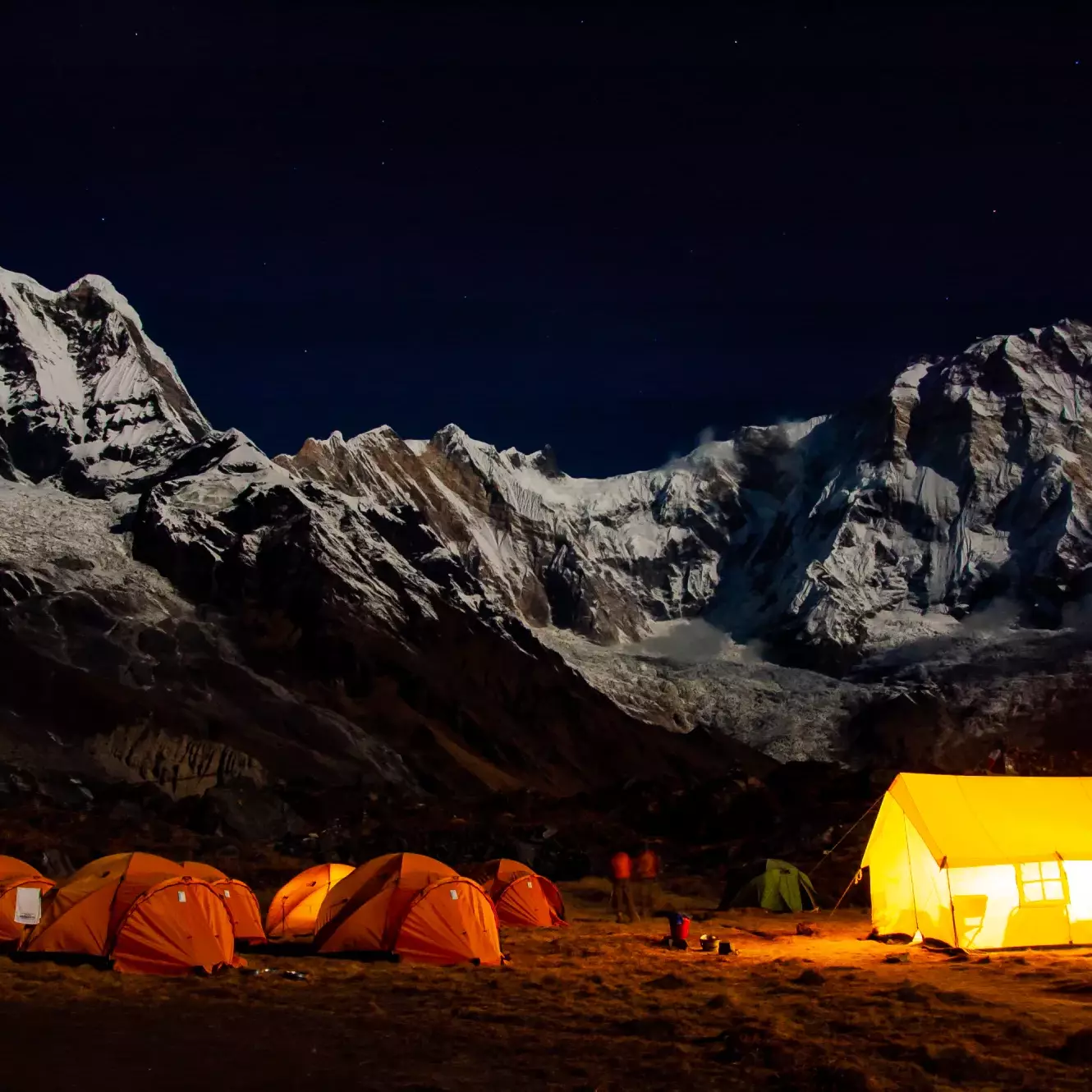The Opportunity: To promote the sustainable use and management of extractive resources primarily in Africa to limit the “resource curse” to societies by developing innovative solutions for better governance of the sector, innovation, sustainability and economic inclusion. This multi-year initiative worked to promote accountable, more sustainable and transparent use of extractive industries resources in African countries. It did so by connecting and empowering key extractives industries stakeholders (government, civil society, private sector, parliament, and media) to jointly identify, prioritize and implement actions that lead to a more accountable extractives sector “to advance inclusive and sustainable globalization by broadening the beneficiaries of resource development.”
Deals in the oil, gas, and mining sectors are worth billions of dollars over decades but they often do not translate into human development and economic opportunity for citizens. Worse, there is abundant evidence that human development goes backward. These contracts are massive in scope and impact the well-being of 3.5 billion people from 81 countries across the globe.
Oil and mining contracts used to be state secrets in many countries, and their publication was absolutely forbidden. There was no systematic guidance for ensuring transparency in allocating and managing the rights to explore and exploit natural resources. Responding to the needs around contracting issues in the extractive industries soon became an important issue.
In 2005-2006, world commodity prices began to rise. By 2007, many developing nations began to question the contracts they had made previously with corporations in the mining, gas and oil industries, known collectively as extractives. Prior to that, the focus of these nations had been on simply getting the investments in the first place. Now the concern was, “Are these deals fair?” Many felt the traditional mechanisms of contracting were unfair and needed to be changed, but how?
There was an unmet need to find a way for greater transparency and accountability in government contracting for oil, gas and mining: enhancing disclosure, understanding and monitoring of the deals that could empower country stakeholders to help ensure that contracting parties for existing deals would be held to account to meet those terms, and inform the debate on the contracting process with a view to better future deals for governments, private sector and citizens alike.
Our Partners: Key extractives industries stakeholders from government, civil society, private sector, parliament, and media co-convened by the the Governance for Extractive Industries (GEI) program, housed in the World Bank Institute and supported by the World Bank Africa Region and the African Development Bank. Private sector partners included Newmont Mining, BHP Billiton, Rio Tinto, Shell, Exxon, Anglo American Mining, and regional and nationally based enterprises and various civic society organizations including Extractive Industries Transparency Initiative (EITI), International Institute for Environment and Development (IIED) and Transparency International.
The Journey: A multi-year process of convening and engaging with stakeholders throughout the extractive industries supply chain from government, civil society, private sector, parliament, and media. Designed and facilitated multi-stakeholder events in Ghana, Liberia, the US and the UK, advised and facilitated interactions of working groups, designed and supported prototyping of collaborative innovations and advised on the development and implementation of a clearing house of information and dialogues via various live and interactive formats to engage with multiple stakeholders across the “value-chain” of various extractive industries in Africa.
These multi-stakeholder events utilized a group process known as a Change Lab. A Change Lab leads a diverse group of participants through three distinct phases of complex problem-solving and action: divergence, emergence and convergence. Some of the Change Lab events convened over this period included: a first-of-its kind global design meeting in Wilton Park, U.K. from which the concept of contract monitoring emerged as a shared solution, regional meetings for national coalitions in West and East Africa to develop each nation’s open contracting agenda, and capacity-building workshops for these national coalitions.
This was the first time stakeholders from such diverse organizations across public, private and civil society sectors were in the same room together to discuss this topic, each with their own agenda. Some civil society organizations regarded African governments as corrupt and untrust-worthy. On their part, governments sometimes saw such non-profits as “noisemakers,” getting in the way of critically needed economic development. Meanwhile, the private sector felt apprehensive about what economic demands might be made of them in a competitive marketplace.
As part of the deliberative process, people opened up. They spoke frankly of their struggles. Participants got to know each other not just as representatives of various organizations but as people. As one participant put it, the Change Lab process “created this bubble, a moment in time where people were locked up with each other and with their ideas, the ideas that people always carry around but never have the opportunity to bring out.” They began to engage more creatively.
Gradually the group began to piece together a shared understanding—an understanding not only of the whole picture and its complexity but also of a shared sense of possibility. Out of this complexity a rallying point emerged that served all their agendas, a way forward that appeared to bring everyone closer to “a better deal for Africa.” That way forward would eventually come to be known as “open contracting.” With governments, private sector and civil society in the room, there was no one raising any real objections. The only concerns were around how to do it, not whether to do it. Through the process, participants came to see that they were better aligned than they thought they were.
The Result: Developed approaches to sustainably develop resources, to monitor the environmental and social impact of operations, to collect taxes, to spend resources for sustainable growth and poverty reduction. The initial focus was on petroleum and mining contracting to improve the transparency and accountability of extractive industries contracts and to Get a Good Deal for Africa Fostering Accountability in Petroleum and Mining Agreements”.
Developed a new, multi-stakeholder platform called ‘Governance of Extractive Industries’ GOXI a standing forum and global community of practice for innovation and collaboration across stakeholders groups, countries and initiatives a place to discuss the big ideas, share opinions and information, including new research and events, connect with others actively working on the sector and dealing with similar challenges, learn what is happening, announce initiatives in which you are engaged and collaborate to make them happen.
As a result of applying the Change Lab process on an iterative basis with diverse groups of stakeholders, the main innovation that emerged to generate “a better deal for Africa” in oil, gas and mining was the notion of “open contracting”: the norms, practices and methodologies for increased transparency and monitoring in public contracting including contract award, disclosure and implementation. Open contracting allowed for a means for strengthening procurement outcomes and service delivery, resulting in a more effective use of public resources on a global basis.
Among several of the outcomes of the process was the enhancement of capacity for the Transparency and Accountability Initiative – a collaborative of funders supporting transparency, participation and accountability related efforts around the globe via over $500 million in active grants. In addition, this process led to the creation of new organizations to take the lead on implementation of actions which included for example a new NGO (Non-Governmental Organization) – Open Contracting Partnership – which in its more recent strategy cycle of work between 2019-2023 had an indirect positive impact on an estimated 209 million lives and US$116 billion dollars of public spending. Today the Open Contracting Partnership is involved in promoting better outcomes from over $9.5 trillion in public-private contracts globally.
Over the past few years, a new norm has been established at the global level as extractives contracts, licenses and permits are now published by over 90 countries around the world, and over 30 countries have laws allowing or requiring the disclosure of extractives contracts. In addition, there are several progressive companies, nearly 20 and growing, that support publishing their contracts as they know it builds trust, makes it less likely that those contracts will be renegotiated and enhances their efforts on sustainability.
